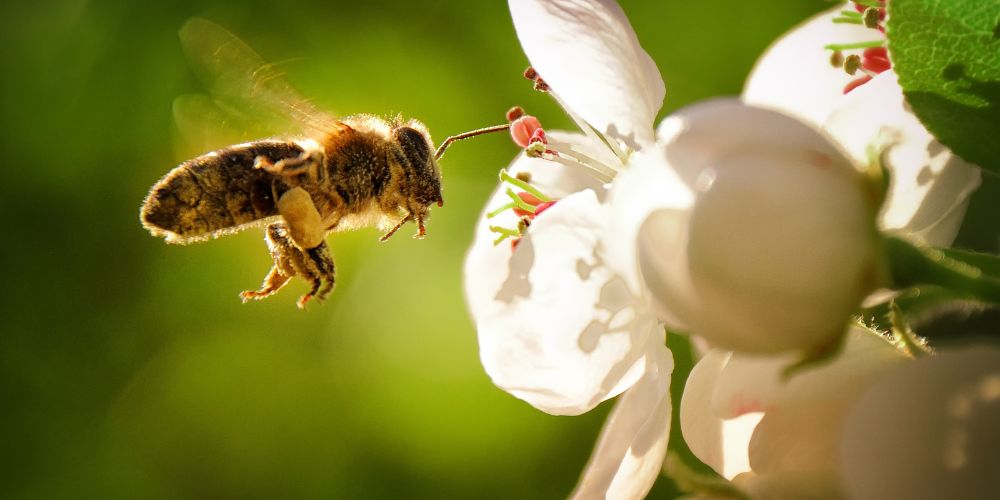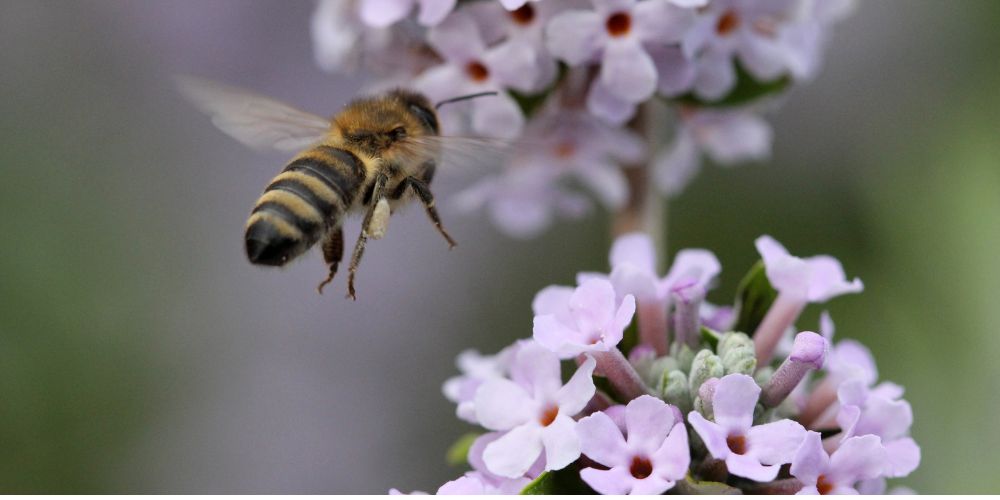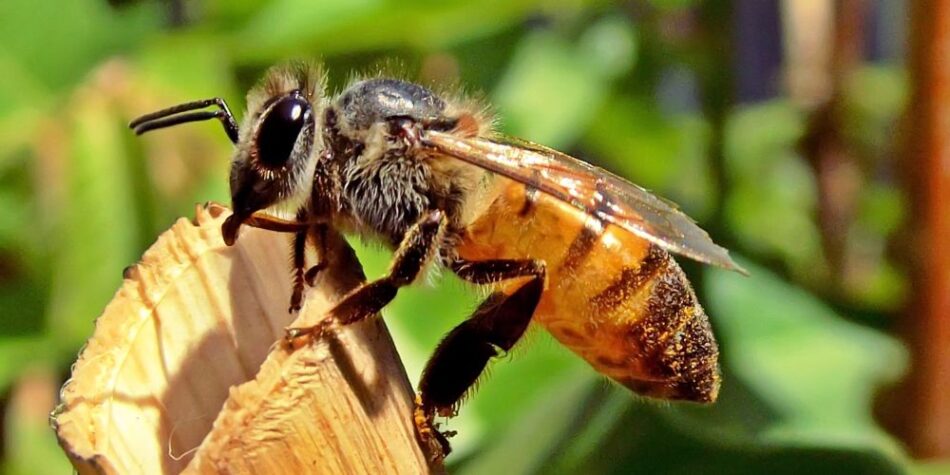Man has always had increasing demands as time has gone on, yet it is a truth that there are more or less 18000 other organisms existing on this planet except for humans. even though man is fully aware that there is a connection between the other species and man, whether direct or indirect, thanks to Allah Almighty.
Nonetheless, despite their best efforts, humans continue to commit acts of genocide against both visible and invisible species. While the Quran is an authentic book that contains all of Allah Almighty’s instructions for living, a man rarely considers and acts upon it. Even when the incident does not personally affect him, man is unaware of this issue. I have no interest in thinking or trying to understand.
Do you have any idea what would happen to human life if the honeybee disappeared from this planet? Perhaps the honey will run out or this bee’s sting will be prevented from harming us? Not at all
Albert Einstein said, “If the bee disappeared from the planet earth, man could live only 4 years”.
You can now see why this would happen because the bee is a crucial part of the growth of the rest of the human food supply. It has recently been said that the honey bee is the most significant animal on the planet.
The United Nations Food and Agricultural Organization (FAO) claims that three out of every four crops producing fruit or seeds for human use rely partially on pollinators. While bats and birds are pollinators, the most frequent pollinators are insects like bees, butterflies, and hoverflies. 87 percent of the world’s major food crops are produced with the help of pollinators.
The world’s major religions have all employed sacred texts on bees for centuries, according to the seminal 2019 report of the Intergovernmental science-policy Platform on Biodiversity and Ecosystem Services (Epidemiology of disasters (cred).
Highlight the importance

Many rural lives also rely heavily on beekeeping as a source of income. According to IPBES, more than 80 million hives produce an estimated 1.6 million tonnes of honey annually, making the western honey bee the most widely managed pollinator in the world.
A direct link between pollinators and food security is also present. The Food and Agricultural Organization of the United Nations (FAO) bee specialists claim that bees are essential to one-third of the world’s food output.
Pollen is picked up and dispersed by animals and insects, allowing plants to reproduce, including many food crops. Pollination is carried out by humans, rats, monkeys, birds, and other animals, although bees are the most prevalent of the insects.
We can protect the bee in various ways including:

Plant a Bee Garden
The lack of safe habitat where bees may build homes and obtain a range of nutrient-rich food sources is one of the biggest dangers to bee populations. You can build a habitat corridor with plants that are abundant in pollen and nectar by planting a bee garden. Gardens can be set up across yards as well as in window boxes, flower pots, and planters, so you don’t need a lot of areas to cultivate bee-friendly plants. To find possibilities to improve public and shared areas, you can also get active with neighborhood associations and local governments.
Go Chemical-Free for Bees
Bees are harmed by synthetic pesticides, fertilizers, herbicides, and neonicotinoids, which cause chaos in their sensitive systems. Avoid using synthetics to maintain your garden and outdoor spaces. Use organic items and natural remedies instead, such as compost to improve soil health and helpful insects like ladybirds and praying mantises to deter pests.
Become a Citizen Scientist
Join a global initiative to gather information about our favorite pollinators! Collect images and more data on local bees, then upload them.
Build as a group activity for friends, we can discover information on the bees in various locations and cities and spot possibilities to support them.
Provide Trees for Bees
For bees, trees serve as both an essential habitat and a great source of food. Bees may build their nests out of tree leaves and glue, and they can find great shelter in natural wood cavities. You can support bee habitats by taking care of trees and participating in tree-planting events in your community. Deforestation and development are on the rise.
Build Homes for Native Bees
30% of solitary bees reside in holes inside of trees or hollow stems, while 70% of them live underground. Species like bumble bees require e undisturbed ground to make their nests, therefore by leaving a piece of it undeveloped in your garden, you may give them a safe habitat!
Species like mason bees can live in “bee condominiums,” which are little tube “apartments.” These are simple to create or purchase.
Create a Bee Bath
Bees become quite thirsty while foraging and gathering nectar. Put clean water in a shallow bowl or bird bath, and then lay stones and pebbles within so that they break the surface of the water. Bees will land on the rocks and pebbles to take a leisurely, cooling sip.
Give Beehives and Native Bee Homes
Maintain honeybees, care for native bees, or assist gardens and educational facilities across the U.S. and Canada in producing food and enhancing their local ecosystems. By giving impoverished communities the equipment, supplies, and training required to effectively home bees, our Sponsor-a-Hive initiative establishes safe havens for priceless pollinators.
Support Local Beekeepers and Organizations
Local beekeepers put a lot of effort into supporting both the neighborhood and their hives of bees. Purchasing goods made with local honey and beeswax is the simplest way to express your gratitude. Several beekeepers use ingredients from their hives to make candles, lotions, and soaps. Furthermore, in addition to being tasty, local honey may also aid in the treatment of seasonal allergies as it is made from regional flora. To support the expansion of local environmental and beekeeping organizations’ initiatives, you can also donate money, time, and resources to them.
There is a need now that we can act to rescue the bee without relying on government funding. There is an urgent need to emphasize to the people of our hamlet and the surrounding area how this tiny but vital creature made by Allah Almighty might be safeguarded and given a supportive environment.


